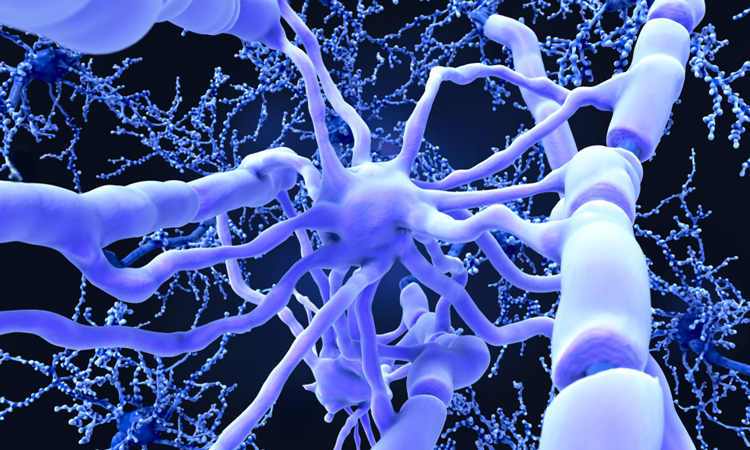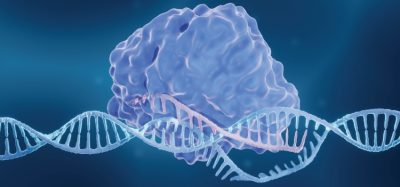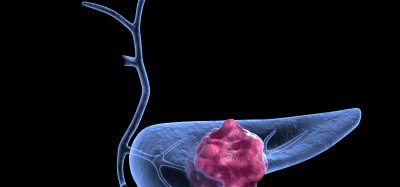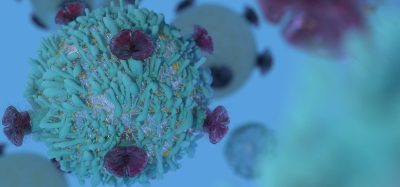Oligodendrocyte abnormality identified as potential cause of autism
Posted: 5 February 2020 | Victoria Rees (Drug Target Review) | No comments yet
Researchers have revealed that the disruption of oligodendrocytes, which produce myelin, may be a cause of autism spectrum disorder, so presents a therapeutic target.

A study has found that people with autism spectrum disorder (ASD) appear to suffer malfunctions in oligodendrocyte cells. According to the researchers, correcting this could offer a potential new avenue for ASD treatment.
Investigators at the Lieber Institute for Brain Development (LIBD), US, revealed that this cellular abnormality impairs the production of myelin, a fatty substance that creates an insulating sheath around nerve fibres in the brain and allows them to communicate.
“Myelination is essential to healthy brain development; it’s a process that begins just before birth and continues throughout the lifespan. If impaired, it leads to abnormal brain development that likely results in communication and behaviour challenges associated with ASD,” said Dr Brady Maher, LIBD’s lead investigator on the study.
The new insights emerged from LIBD’s research on Pitt-Hopkins syndrome, a neurodevelopmental disorder known to produce ASD symptoms, caused by mutations in a gene called TCF4.
Working with mice with the same TCF4 gene mutation as people with Pitt-Hopkins, the researchers identified the genetic abnormality that disrupts the function of oligodendrocytes.
The researchers then explored other ASD mouse models caused by different mutations associated with autism and found consistent evidence for abnormalities in oligodendrocytes. In a collection of donated brain tissue from deceased people with ASD who did not suffer from Pitt-Hopkins syndrome but had more common forms of ASD, they observed the same abnormality: problems with oligodendrocyte cells that impair myelin production, an occurrence not found in the brains of non-ASD patients.
“It appears that in many people who suffer from ASD, their oligodendrocyte cells are not maturing sufficiently or functioning properly,” Maher said. “This suggests they are not producing enough myelin insulation for their neurons, which could profoundly disrupt brain development and electrical communication in the brain.”
Myelination is essential to healthy brain development; it’s a process that begins just before birth and continues throughout the lifespan”
He suggested that this deficiency could be a key source of the neurological problems seen in people with ASD. Also, given the different factors that influence myelin production in oligodendrocyte cells, the defects in myelination could vary considerably across individual cases of ASD, corresponding to the variation in the severity of symptoms across the autism spectrum.
Maher said he and his colleagues at the Lieber Institute are now testing compounds that may have the capacity to boost myelination in the brain. “Because myelination is a lifelong process it provides a unique therapeutic opportunity that we can tap into throughout the lifespan. Along these lines, we are eager to see whether enhancing myelination in these mice can improve their ASD-associated behaviours,” he said. “Promising candidates could then be considered for clinical studies.”
The results were published in Nature Neuroscience.
Related topics
Drug Targets, Neurons, Neurosciences, Research & Development
Related conditions
Autism-spectrum disorders
Related organisations
Lieber Institute for Brain Development (LIBD)
Related people
Dr Brady Maher







